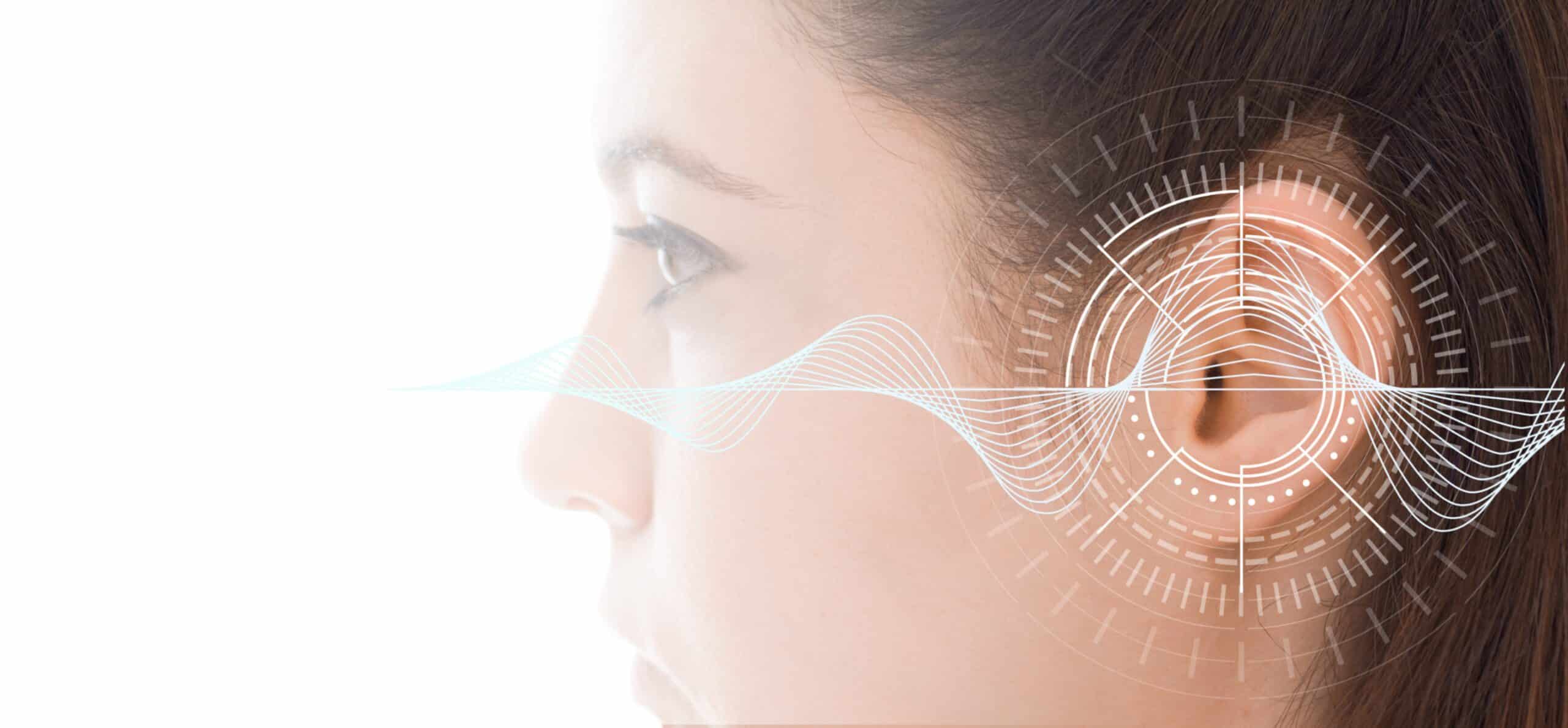Other research has shown that untreated hearing loss can result in a reduced lifespan as well as contributing to poor health outcomes like depression, social isolation, and dementia. The researchers believe that this study represents the most comprehensive analysis to date of the relationship between hearing loss, hearing aid use, and mortality within the United States of America.
“We found that adults with hearing loss who regularly used hearing aids had a 24% lower risk of mortality than those who never wore them,” said Janet Choi, MD, MPH, an otolaryngologist with Keck Medicine USC and lead researcher of the study. “These results are exciting because they suggest that hearing aids may play a protective role in people’s health and prevent early death.”
The researchers analyzed data from the National Health and Nutrition Examination Survey from 1999-2012 to identify close to 10,000 adults aged 20 and over who underwent audiometry evaluations and filled out questionnaires relating to hearing aid use; they were followed for mortality status over an average follow up period of 10 years after evaluations.
The analysis revealed that 1,863 adults had hearing loss, of these 237 used hearing aids on a regular basis, and were characterized as those reporting wearing hearing aids at least once a week for five hours or half of the time. 1,483 were identified as never users of hearing aids. Those wearing hearing aids less than once a month or less frequently were characterized as being non-regular users.
According to the researchers, they found an almost 25% difference in mortality risk between regular hearing aid users and never users, and this remained steady regardless of a range of variables such as the degree of hearing loss, age, income, education, ethnicity, other demographics, and medical history. It was noted that there was no difference in mortality risk between never users and non-regular users suggesting that the occasional use of hearing aids may not provide any life-extending benefits.
While this study did not examine why hearing aids may help those who need them to live longer, the researchers point to other research linking hearing aid use with lowered levels of depression and dementia. Other research also speculates improvements in mental health and cognition that accompany improved hearing that can help to promote better overall health which may benefit longevity.
The researchers hope that this study will encourage more people with hearing loss to wear hearing aids despite the barriers, factors, and stigma of the devices. Choi is working on developing an AI database to categorize choices and tailor them to an individual’s needs. She is also advocating for larger-scale studies to gain more understanding of the link between regular use and lower mortality risk, as well as promoting awareness of hearing care.




